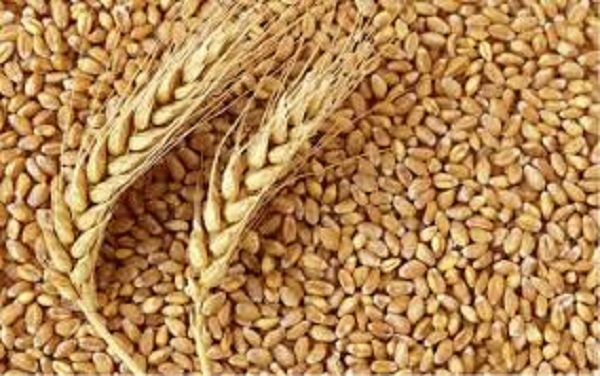Players in the West and Central African wheat value chain have held a two-day summit to examine issues affecting the production and widening of demand gap in the region.
The summit brought together seed scientists from numerous universities in West and Central Africa, the organised private sector, wheat farmers, processors, representatives of the African Development Bank (AfDB), the Technologies for African Agricultural Transformation (TAAT), academia, and agricultural research institutes that have wheat as mandate crop from the region.
Participants identified the growing “food gap” caused by population growth, urbanisation, changing dietary preferences, bread and various other pastries, noodles and innovative wheat-based products, as some of the factors driving the widening demand-supply gap for wheat in West and Central Africa. Prof. Benjamin Ubi, an expert in Plant Breeding and Biotechnology and Regional Coordinator, West and Central Africa Wheat Development Network (WECAWheat), informed that “in West and Central Africa, Nigeria alone consumed 6.06 million metric tons of wheat, with the 2023 wheat production figures estimated at 200,000 metric tons, leading to a wheat import volume and value of approximately, six million metric tons and USD3.03 billion, respectively”.

The Executive Director, Lake Chad Research Institute, Maiduguri, Borno State, Prof. Baba Kabir, stated that an immediate action was required to increase wheat output to meet the rising demand in the nation and the region. Kabir stressed that just around five per cent of the nation’s domestic demands could be satisfied by the existing output level, saying that productivity, cultivable land, and the time it takes to produce new varieties must be improved upon.
Speakers from Benin Republic, Cameroon, Chad, Sudan and Niger Republic have all highlighted the importance for the West and Central African sub-region to improve its strategies on wheat to reduce its food security challenges.
How to prioritise policy changes that support value chain growth, sustainable wheat production, and wheat commerce in West and Central Africa by encouraging talks amongst important stakeholders, such as regional organisations like the Economic Community of West African States and ECCAS, took the front stage.
To increase productivity, lower post-harvest losses, and boost overall efficiency, the experts said they are looking for countries in the region to support the adoption, clearing and deployment of cutting-edge research and innovative technologies in wheat cultivation, processing and distribution. In addition, they said that if investment opportunities in the wheat sector are effectively marketed to entice the private sector, funding and resource mobilisation, and collaborations for infrastructural development.
Critical matters that came up include capacity-building plans and knowledge transfer initiatives and extension services that are aimed at improving the skills and capabilities of farmers, agribusinesses and stakeholders throughout the wheat value chain. To guarantee long-term food security and economic resilience in West and Central Africa, experts at the summit discussed the significance of climate-smart techniques, environmental conservation, soil health, and sustainable agricultural practices in wheat production.
They opined that to encourage collective action and innovation in the wheat sector, regional collaboration, partnerships, and networking among governments, international organisations, regional crop networks, research institutes, agribusinesses, farmers’ associations and others are crucial to tackling the challenges.
The West and Central Africa Collaborative Wheat Network (WECAWheat) was established in March 2023, as a non-profit organisation of various wheat stakeholders from West and Central Africa with the primary objective of enhancing wheat productivity, production, and income of farmers using appropriate technologies, and to boost the wheat sector investments in the West and Central African region.
Stakeholders in the wheat sector, convene to address production and demand gap challenges, emphasizing the need for policy changes to ensure food security.

